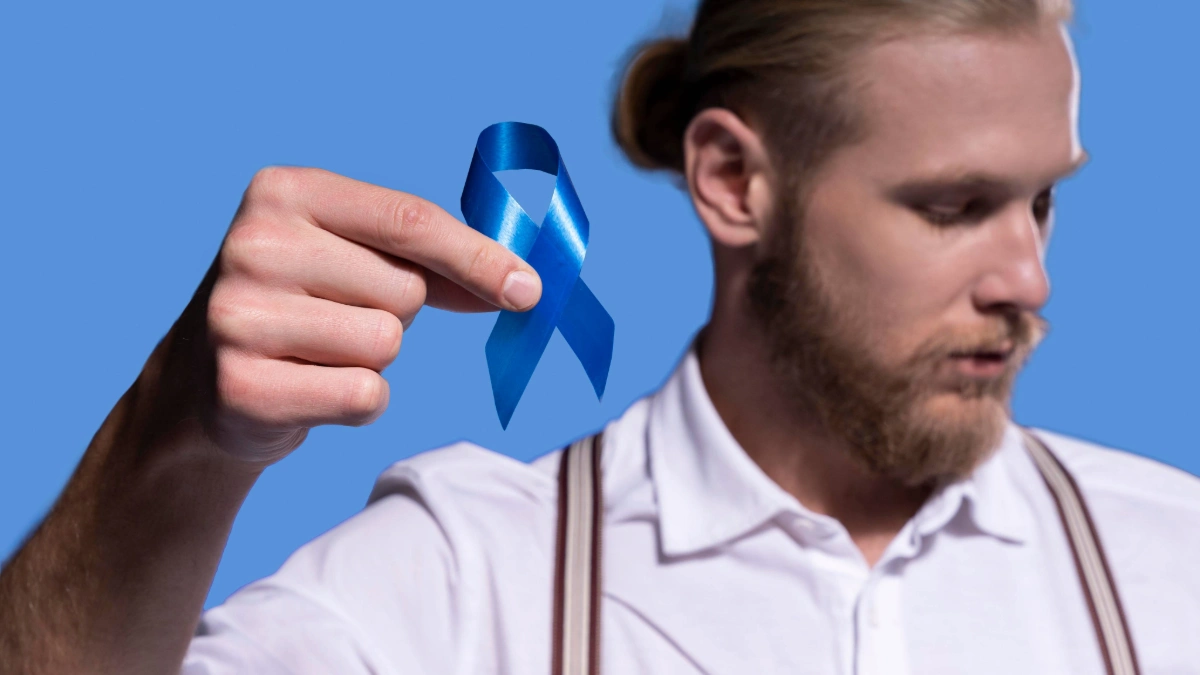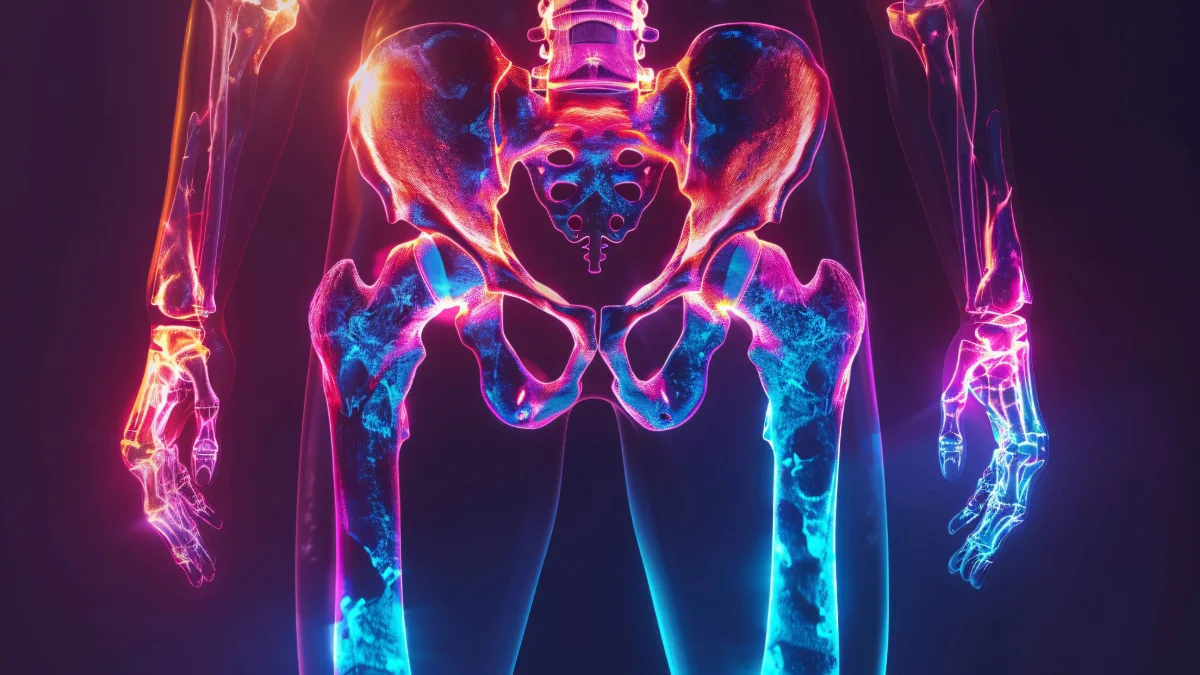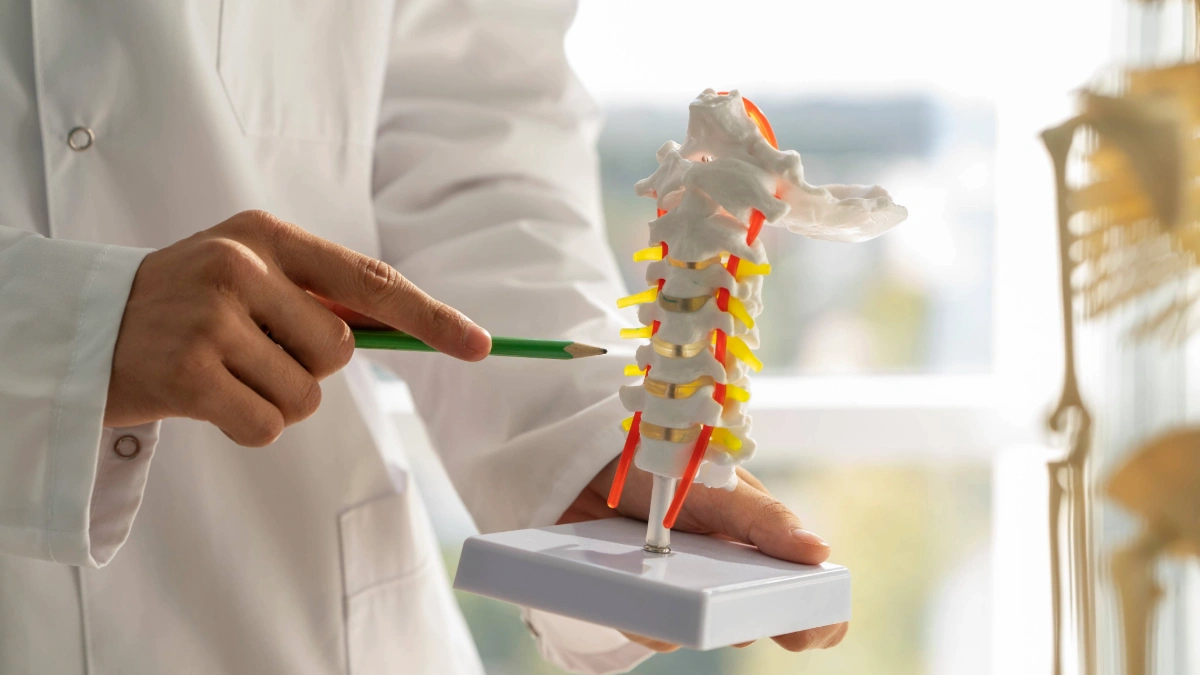Testicular cancer treatment in Turkey offers a range of advanced options aimed at effective treatment and high-quality care. Consequently, Turkey has become a popular destination for medical tourism, providing skilled healthcare professionals to those seeking specialized cancer treatment. In this guide, we explore various aspects of testicular cancer treatment, including its types, symptoms, risk factors, diagnosis, treatment options, and, ultimately, why choosing Turkey can be beneficial.
Types of Testicular Cancer
Testicular cancer originates from germ cells in the testicles, and it primarily presents in two forms:
Seminoma: This type of cancer grows slowly and typically affects individuals between the ages of 40 and 50.
Non-Seminoma: Faster-growing than seminomas, this type of cancer usually affects younger individuals, particularly those in their late teens, early 20s, and 30s. Types of non-seminoma tumours include choriocarcinoma, teratoma, embryonal carcinoma, and yolk sac carcinoma.
Symptoms of Testicular Cancer
The common symptom of testicular cancer is a painless lump in the testicles. Other signs include:
- Swelling or sudden fluid accumulation in the scrotum
- A sensation of fullness or heaviness in the scrotum
- Dull pain in the lower abdomen or groin
- Discomfort or pain in the testicles or scrotum
- Shrinking of the testicles (testicular atrophy)
Early detection is crucial for effective treatment, so it is essential to consult a healthcare provider if these symptoms are observed.
Risk Factors of Testicular Cancer
Several factors may increase the risk of developing testicular cancer:
- Age: Most common in individuals aged 15-35
- Undescended Testicles: Testicles that do not descend during fetal development
- Race and Ethnicity: Higher incidence in non-Hispanic white individuals
- Family or Personal History: Previous testicular cancer or family history of the disease
- Infertility: Certain causes of infertility may be linked to testicular cancer
Diagnosis of Testicular Cancer in Turkey
Diagnosis involves several steps and tests to confirm the presence of cancer and determine its stage:
Physical Examination and Medical History
A thorough physical exam and review of medical history to identify symptoms and potential indicators of cancer.
Ultrasound
A painless procedure using high-energy sound waves to create images of the tissue inside the body, helping to identify any abnormal masses.
Inguinal Orchiectomy and Biopsy
Removal of the affected testicle for microscopic examination to detect cancer cells.
Serum Tumor Marker Test
Blood tests measure the levels of specific proteins associated with cancer, such as alpha-fetoprotein (AFP), human chorionic gonadotropin (HCG), and lactate dehydrogenase (LDH).
Imaging Tests
CT scans, MRIs, and X-rays to determine the extent of cancer spread to other body parts.
Staging of Testicular Cancer
Staging provides critical information about the tumour’s size and spread:
- Stage 0: Abnormal cells are present but confined to the testicles.
- Stage I: Cancer is limited to the testicle and may involve nearby blood or lymph vessels.
- Stage II: Cancer has spread to the retroperitoneal lymph nodes but not to other parts of the body.
- Stage III: Cancer has spread to other organs or lymph nodes outside the abdomen.
Treatment Types of Testicular Cancer in Turkey
Surgery
Surgical options include:
- Radical Inguinal Orchiectomy: Removal of the affected testicle through an incision in the groin.
- Retroperitoneal Lymph Node Dissection (RPLND): Removal of lymph nodes in the back of the abdomen, often used for non-seminoma tumors.
Radiation Therapy
High-dose X-rays are used to kill cancer cells, typically after surgery to prevent recurrence. Radiation therapy is mainly used for seminomas.
Chemotherapy
Medications such as etoposide, bleomycin, and cisplatin destroy cancer cells. Chemotherapy is essential for treating both seminomas and non-seminomas, either before or after surgery.
Why Choose Testicular Cancer Treatment in Turkey?
Turkey offers several advantages for patients seeking testicular cancer treatment:
- Advanced Healthcare Establishments: Equipped with modern technology for diagnosis and treatment.
- Skilled Healthcare Practitioners: Highly trained urologists, oncologists, and support staff.
- Economical Medical Care: Lower costs compared to many Western countries.
- High-Quality Cancer Care: Comprehensive cancer treatments, including surgery, radiation therapy, and chemotherapy.
Conclusion
Choosing testicular cancer treatment in Turkey can ensure access to advanced medical care, skilled professionals, and cost-effective treatment options. Specifically, the highly skilled team at institutions like Avicenna International Hospital stands ready to offer personalized, high-quality care tailored to individual needs. For more information and to consult with our expert medical team, please contact us.
Turkey offers advanced medical facilities, highly skilled healthcare professionals, and cost-effective treatment options, making it an excellent choice for patients seeking quality cancer care.
Yes, testicular cancer is highly treatable, especially when detected early. Treatment options include surgery, chemotherapy, and radiation therapy.
Chemotherapy can impact fertility, which is why sperm banking is recommended before starting treatment to preserve the possibility of having children in the future.







